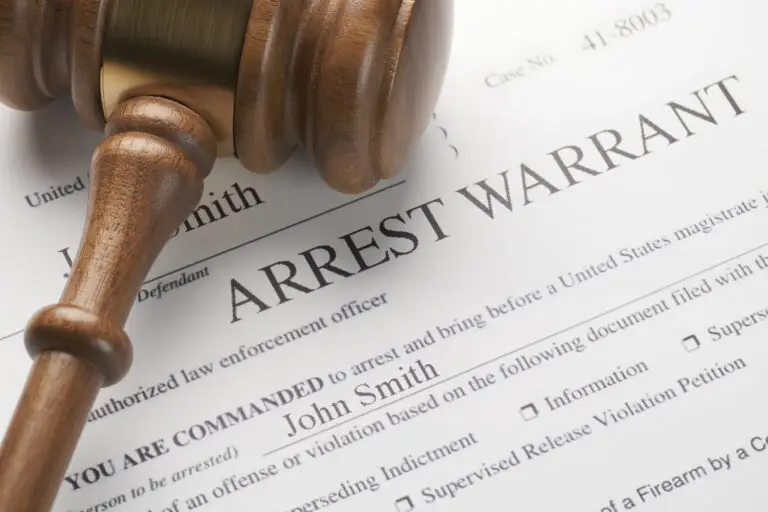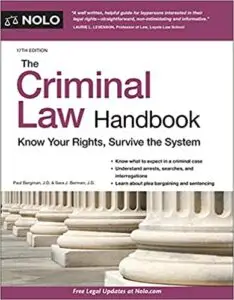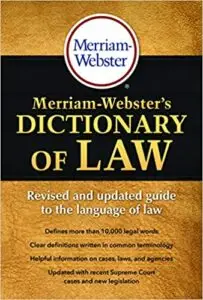
The vast majority of the arrests you make during your career will be prosecuted, or not prosecuted, on the basis of your original statement of probable cause.
~ Barry M. Baker Tweet

Detective Lieutenant Barry M. Baker (ret.) is a 32 year veteran of the Baltimore Police Department.
The statement of probable cause is the most basic and most important document you’ll prepare for the initiation of prosecution. Probable cause and reasonable suspicion are two terms that you’ll be using and evaluating throughout your police career. In every instance where you make an arrest, you’re making that arrest based on probable cause.
Reasonable suspicion is a standard less than probable cause. Circumstances which cause you to have reasonable suspicion can escalate to probable cause. As your investigation progresses, your original observation can lead to additional evidence of a crime.
Remember, you cannot arrest a person, or obtain an arrest warrant, for anything without probable cause. The strength of your probable cause will depend upon how well you articulate that probable cause in writing. Probable cause can range from minimal evidence to overwhelming evidence.
You only need enough evidence to indicate that the person you arrest probably committed the crime. Your probable cause need not be enough to prove beyond a reasonable doubt that your suspect committed the crime. However, you should always strive for the latter standard of beyond a reasonable doubt.
Your Statement of Probable Cause Should Contain All Available Evidence
The vast majority of the arrests you make during your career will be prosecuted, or not prosecuted, on the basis of your original statement of probable cause. Your statement of probable cause is separate from your police report, because it is a court document. It will be part of the defendant’s court folder throughout the prosecution process, and it’s important that you include all available evidence in your statement.
There’s a myth embraced by police officers for decades that your statement of probable cause should be brief and to the point; in other words, it should be short and sweet. Before computerized reporting, you would have to write all of your reports with pen and paper, and this was always a good excuse to go light on your statement. In reality, the police report would seldom be any more detailed than the short and sweet statement of probable cause.
Prosecutors Couldn’t Care Less about Police Reports
Old habits die hard. There’s another belief among police officers that if a prosecutor wants to know more about the incident, the prosecutor can just get a copy of the police report. This is not a view shared among prosecutors. Prosecutors, in most instances, couldn’t care less about police reports; unless, those reports are the result of a prolonged investigation.
Those police reports would document evidence such as physical or photo line-ups; additional witness interviews, written statements; audio or video taped interrogations, etc. In any case, it will always be your responsibility to provide the prosecutor with any relevant police reporting. It is not the prosecutor’s responsibility to go searching for a police report.
As I mentioned earlier, investigation relative to most of your arrests will end with your preliminary investigation. This is why you should always pursue the standard of proof beyond a reasonable doubt, and that evidence should be thoroughly articulated in your statement of probable cause. The prosecutor, in most instances, should be able to prosecute your case solely from your statement of probable cause, because it should contain as much or more information contained in your preliminary police report.
Related Content for Statement of Probable Cause
Advertisements





